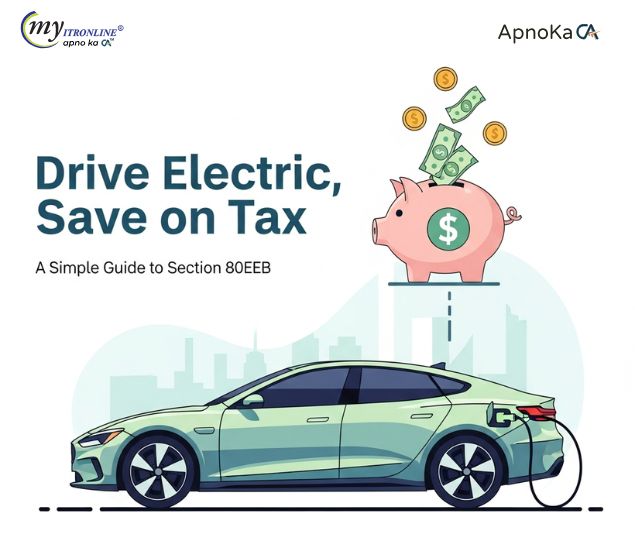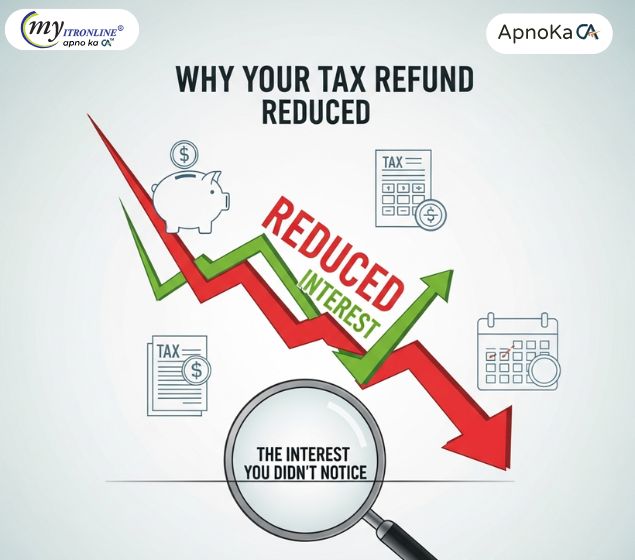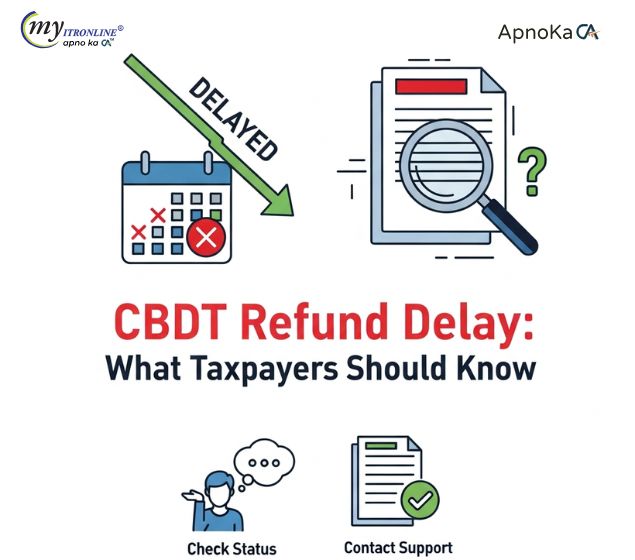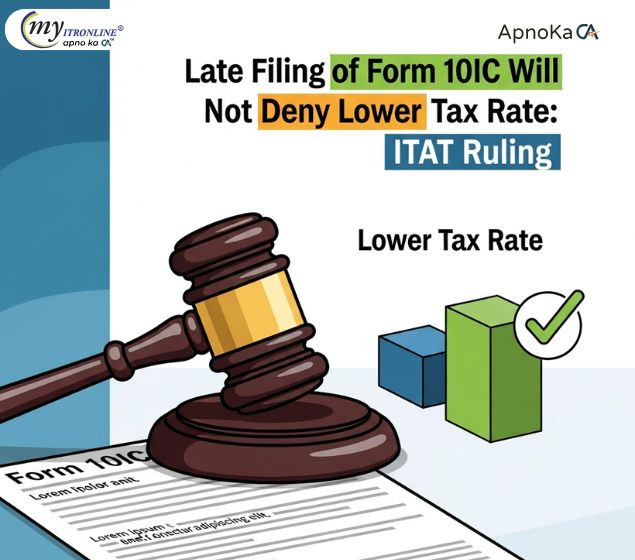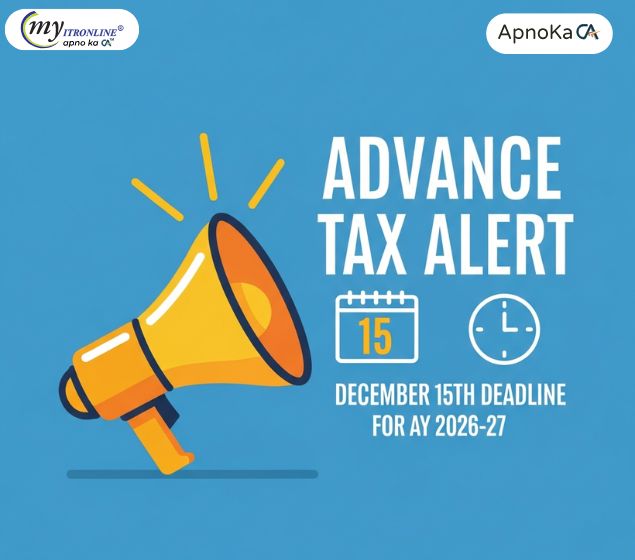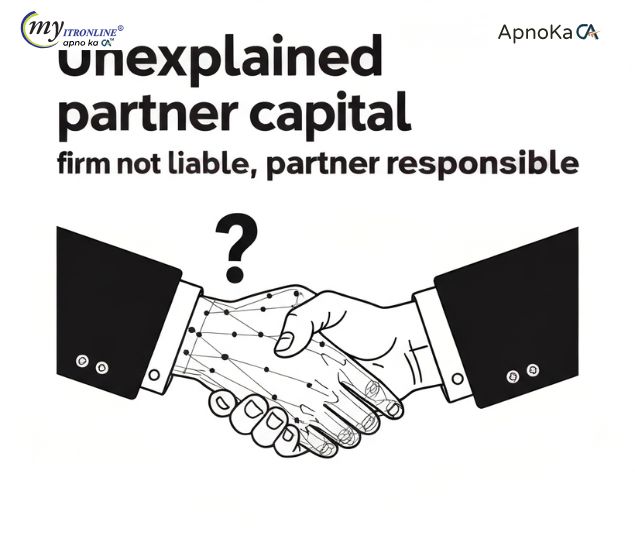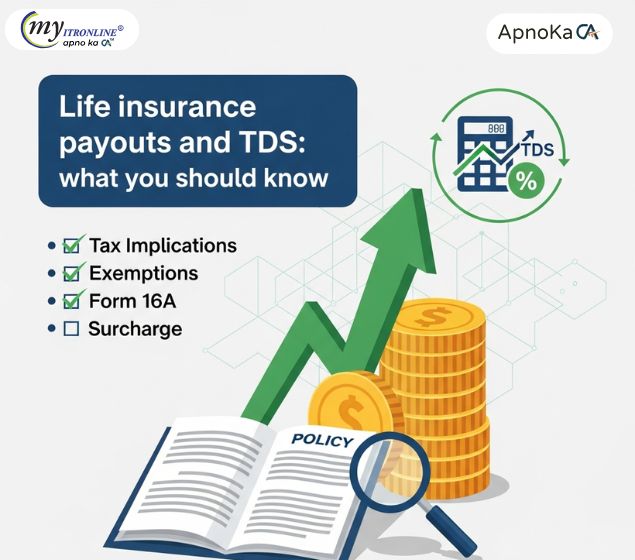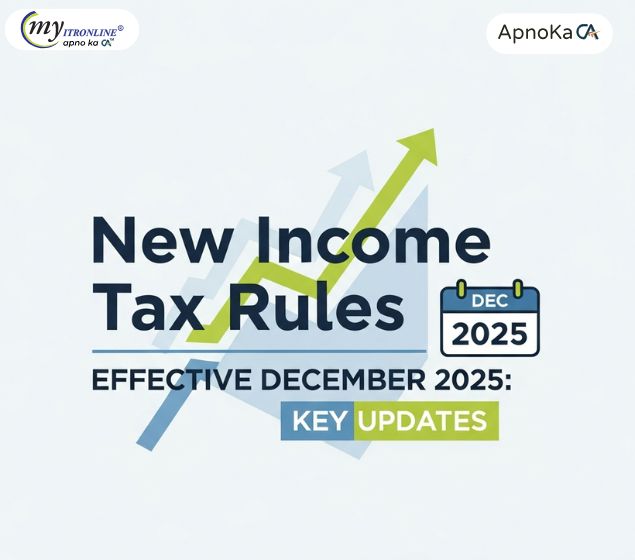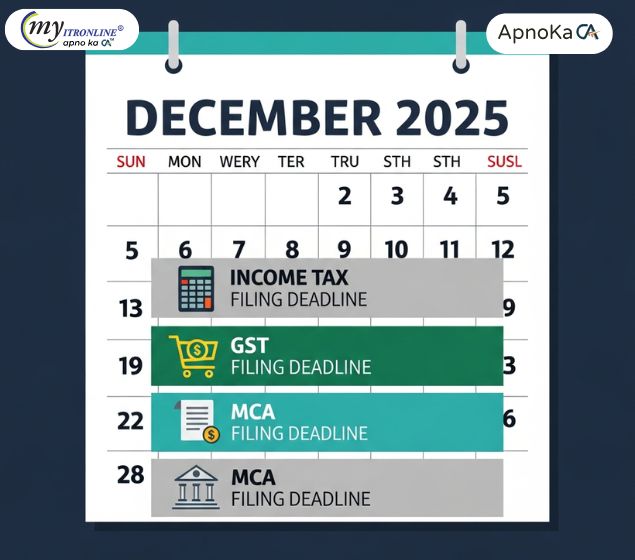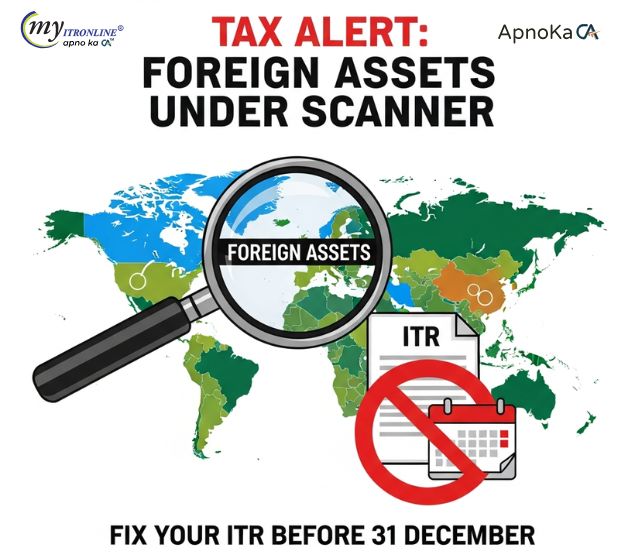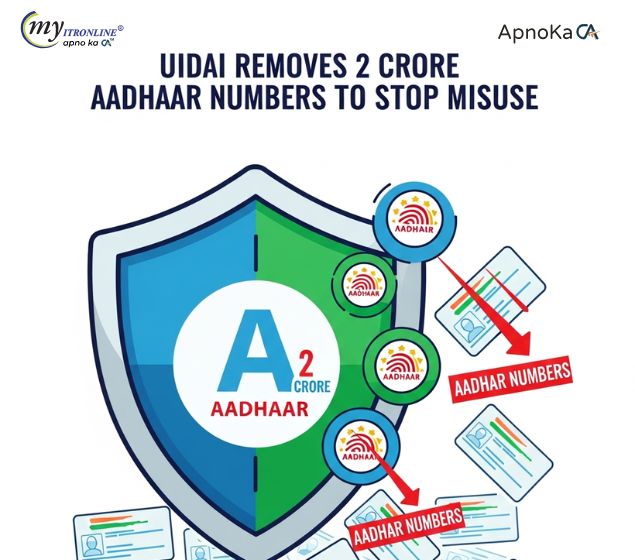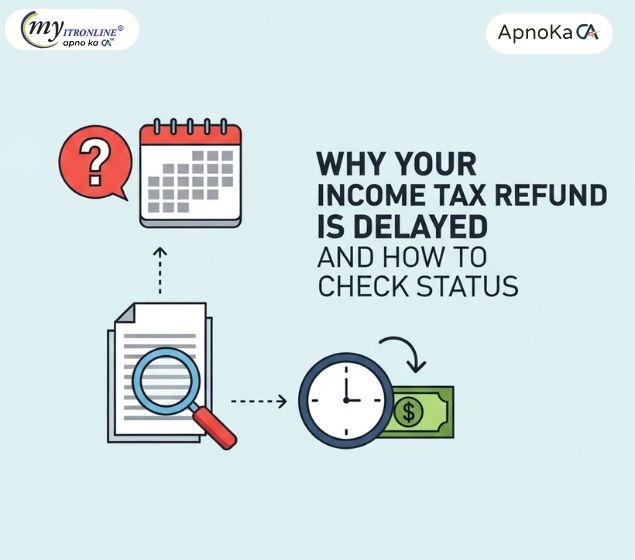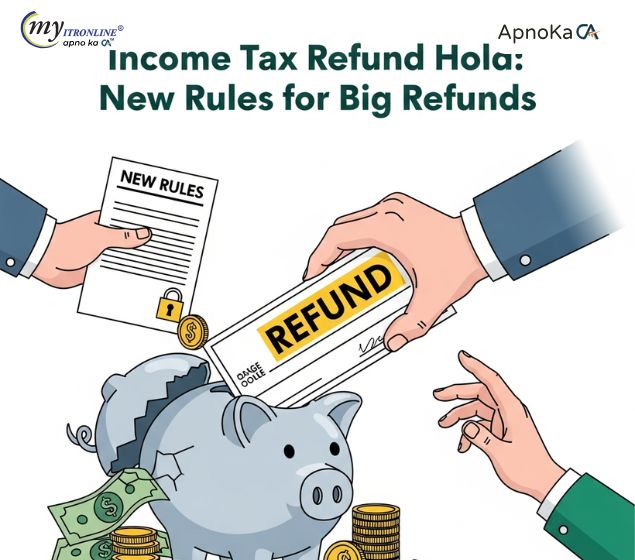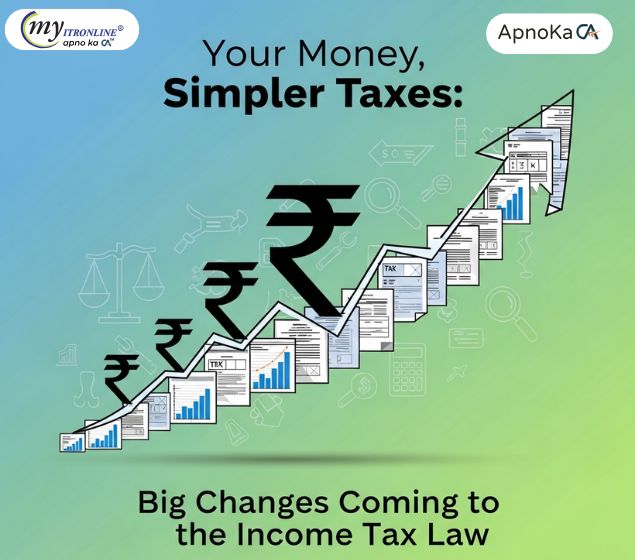Section 148A(d): Understanding the Reassessment Procedure and Its Consequences
This comprehensive guide explains Section 148A(d) of the Income Tax Act, covering the procedure for issuing notice, conducting inquiries, and the implications for taxpayers. Get insights into the time limitation clause, approval of specified authority, and exceptions.
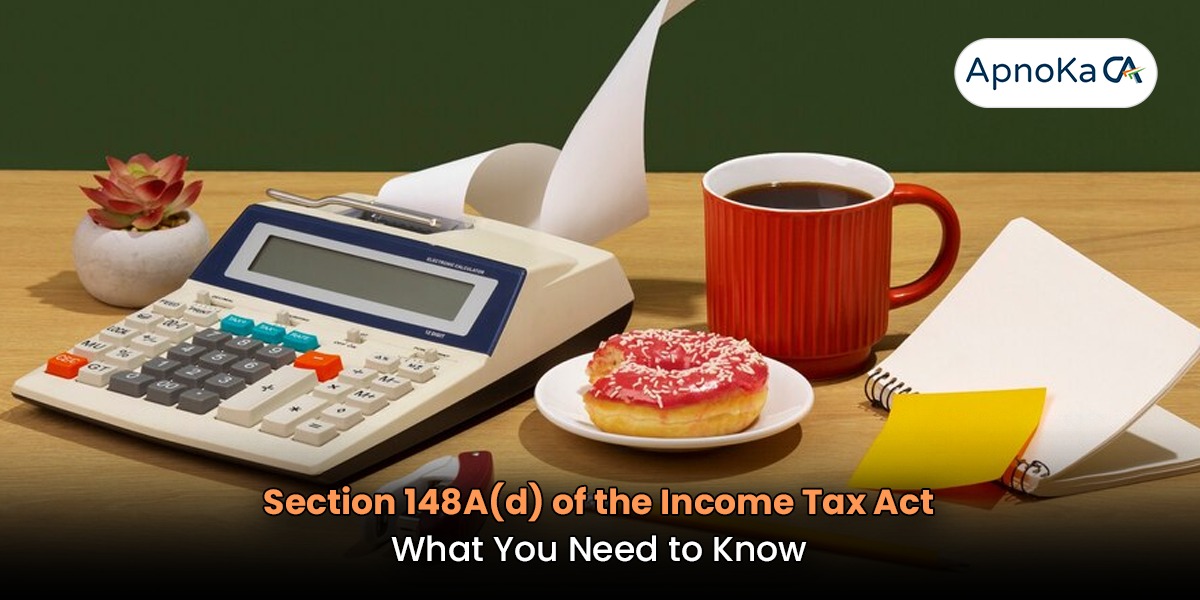
Section 148A(d) of the Income Tax Act, 1961
Overview
The complete legislation that oversees India's tax system is the Income Tax Act, 1961. Section 148A(d) of the Act, which addresses the process for delivering notice and conducting inquiries prior to reassessment, is one of its most important clauses. We shall examine the specifics of Section 148A(d) and the ramifications for taxpayers in this blog.
Context
Before Section 148A(d) was introduced, the income tax officer could issue a notice under Section 148 without giving the taxpayer a chance to defend their position. Because taxpayers believed they were not given an equal opportunity to tell their side of the story, this resulted in multiple disagreements and legal actions.
In order to tackle this problem, the Finance Act of 2020 introduced Section 148A(d), which gives the income tax officer the ability to carry out investigations and provide the taxpayer a chance to clarify their position prior to sending a notice.
The Process as per Section 148A(d)
The following is the process as per Section 148A(d):
- Information or proof: The income tax officer may obtain proof or information indicating that the taxpayer may have avoided paying taxes on income for any assessment year.
- Notice to taxpayer: The taxpayer receives a notice from the income tax officer giving them a chance to defend their position. The following information must be included in the notification, which must be provided in the format required by law:
- The explanation for the notice's issuance
- The alleged quantity of revenue that eluded evaluation
- The pertinent assessment year
- Time constraint: From the date of notice receipt, the taxpayer has thirty days to reply to the notice, but not less than seven days.
- Taxpayer explanation: The taxpayer is required to provide a written explanation that includes all pertinent information and supporting documentation.
- Evaluation of the explanation: The income tax officer is responsible for evaluating the taxpayer's justification in order to determine whether or not a notification of income escaping assessment should be issued.
- Notification: The taxpayer must get a copy of the order and a notification (under Section 148) if the income tax officer chooses to reopen the case.
Clause Regarding Time Limitation
According to Section 148A(d)'s time limitation clause, if three years have passed since the conclusion of the relevant assessment year, a notification cannot normally be given. However, if there is proof that the taxpayer has avoided an assessment of taxable income of at least Rs 50 lakh, notice beyond three years may only be pursued. Notification may also be given after three years, but not after ten years following the conclusion of the pertinent assessment year.
Acceptance by a Designated Authority
A designated authority's consent is required before the income tax officer can make any investigations, give the taxpayer a chance, or issue an order pursuant to Section 148A(d).
In situations involving searches or requisitions, the rules of Section 148A(d) do not apply.
Section 148A's Implications (d)
For taxpayers, the addition of Section 148A(d) has important ramifications. Among the major ramifications are:
- Litigation is less likely: The provision gives taxpayers a chance to defend their position before the income tax officer issues a notice.
- Enhanced openness: The clause guarantees that taxpayers understand why the notice was sent and how much money is allegedly missing from assessment.
- Fairness: By giving taxpayers an opportunity to fairly explain their case, the provision lessens the possibility of arbitrary assessments.
Case Studies
Case Study No. 1
The income tax officer notifies Mr. X, a salaried person, under Section 148A(d) and claims that he has avoided paying income taxes totaling Rs. 10 lakh for the assessment year 2018–19. In his response to the notice, Mr. X offers the information and proof he needs to make his point.
Case Study No. 2
The income tax officer sends Ms. Y, a businesswoman, a notice under Section 148A(d) claiming that she has failed to pay an assessment of Rs 50 lakh in taxable income for the assessment year 2019–20. In her response to the notice, Ms. Y offers the information and proof she needs to make her point. After evaluating the justification, the income tax officer chooses whether to issue a Section 148 notice.
Summary
One important provision in the Income Tax Act that gives taxpayers a chance to present their case before the income tax officer issues a notice is Section 148A(d). The clause has both boosted and decreased litigation.
FILING YOUR INCOME TAX RETURN F.Y 2024-25 (A.Y. 2025-2026) WITH MYITRONLINE
The income tax filing deadline is right around the corner. If you haven’t filed yet, do it today with Myitronline! Avoid last minute rush and file your tax return today on MYITRONLINE in Just 5 mins.(www.myitronline.com)
If you are looking for eCA assistance to file your income tax return/ GST, you can opt for MYITRONLINE eCA assisted plan starting
Upload Salary Individual Form-16
If you have any questions with filing your tax return, please reply to this mail. info@myitronline.com OR call 9971055886,8130309886.
Note-All the aforementioned information in the article is taken from authentic resources and has been published after moderation. Any change in the information other than fact must be believed as a human error. For queries mail us at marketing@myitronline.com
Krishna Gopal Varshney
An editor at apnokacaKrishna Gopal Varshney, Founder & CEO of Myitronline Global Services Private Limited at Delhi. A dedicated and tireless Expert Service Provider for the clients seeking tax filing assistance and all other essential requirements associated with Business/Professional establishment. Connect to us and let us give the Best Support to make you a Success. Visit our website for latest Business News and IT Updates.
Leave a reply
Your email address will not be published. Required fields are marked *Share this article
Krishna Gopal Varshney, Founder & CEO of Myitronline Global Services Private Limited at Delhi. A dedicated and tireless Expert Service Provider for the clients seeking tax filing assistance and all other essential requirements associated with Business/Professional establishment. Connect to us and let us give the Best Support to make you a Success. Visit our website for latest Business News and IT Updates.
View articles








